What plants repel mosquitoes?
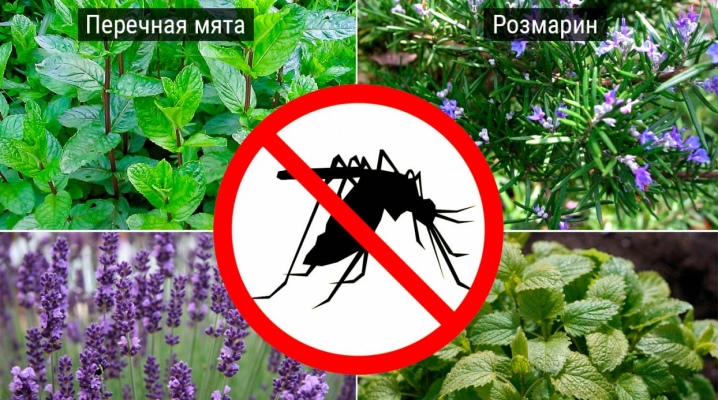
Fighting insects can turn into a real disaster, but not always chemical means can solve the problem. An alternative to them can be repelling plants, which make it possible to get rid of pests in the country and in the apartment. For more information on what grasses and flowers mosquitoes are afraid of, see the overview of natural repellents.
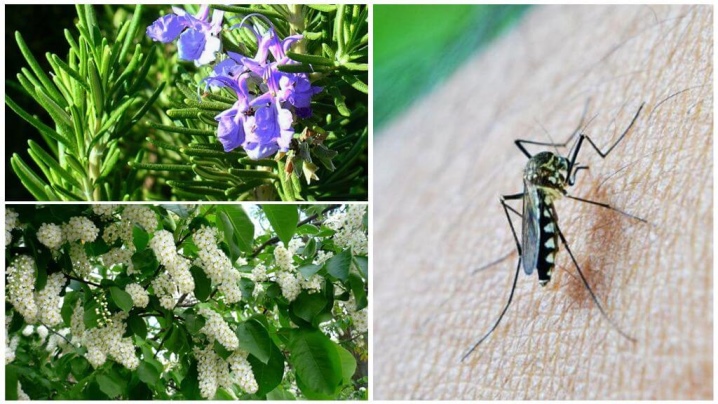
Herbs overview
Mosquitoes in a house, apartment, in the country can turn a vacation into a real nightmare. Intrusive pests not only annoy with their presence, but also leave painful bite marks, interfere with normal sleep, work in the garden or on the site. The constant use of repellents is not good for human health. But you can use without restrictions their natural counterparts - plants, the smell of which insects do not like. Their list is quite wide, some can be planted on the site, others drive away blood-sucking pests in the house and apartment.
Let's look at the main types of herbs that can be used to repel too annoying mosquitoes in the garden and in the garden. They perform well both in planting and in the form of a cut.
They rarely cause individual allergic reactions.
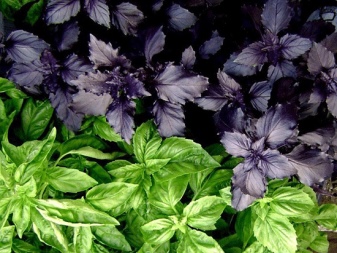
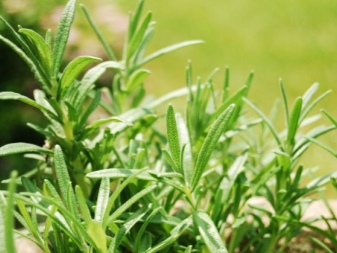
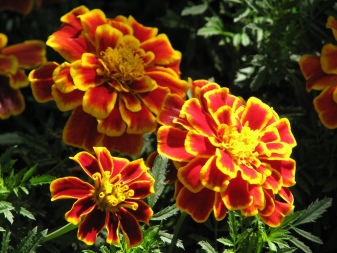
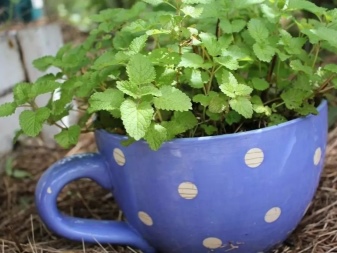
Melissa
This relative of mint with a fresh lemon scent fits well into plantings in the garden, in the garden. Small bushes of the plant winter well under the snow in the middle lane, in colder areas it is better to transplant them into a pot. It is worth considering that lemon balm is a honey plant - its smell attracts bees.
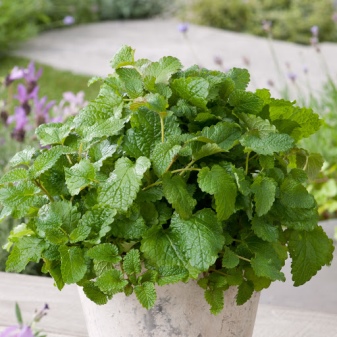
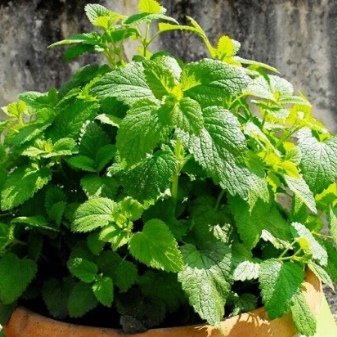
Tansy
The plant with a spicy-bitter scent of leaves and flowers is one of the best natural repellents. Tansy is able to scare away almost any blood-sucking insects, undemanding to growing conditions. From it you can make bundles in the form of cut stems, the smell will last for a long time.
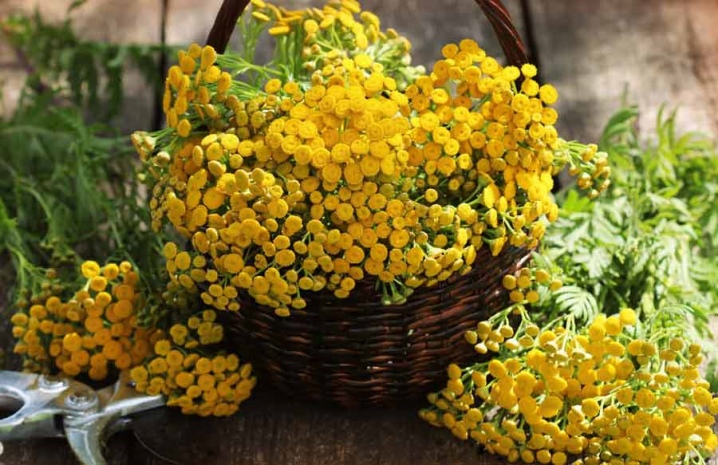
Mint
One of the most popular natural repellents. In order to scare away mosquitoes, the marsh and pepper varieties of the plant are most often used. In the house and on the veranda, you can hang bunches of this plant - fresh or dried. The essential oils present in the leaves can be used for self-preparation of home cosmetics.
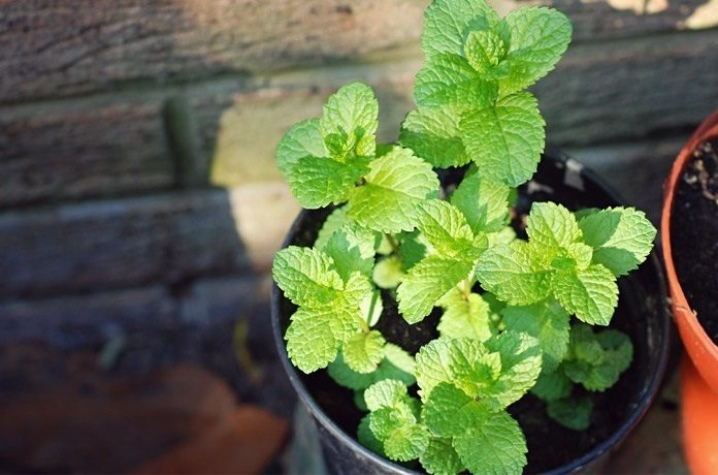
Basil
Growing this plant in the garden can be beneficial not only as a repellent. Leaves rich in essential oils are widely used in cooking, when creating sauces, dessert dishes. The variety of colors makes basil an excellent addition to the decoration of the local area. The plant is able to scare away insects, keeping them at a distance of up to 2 m from the house.
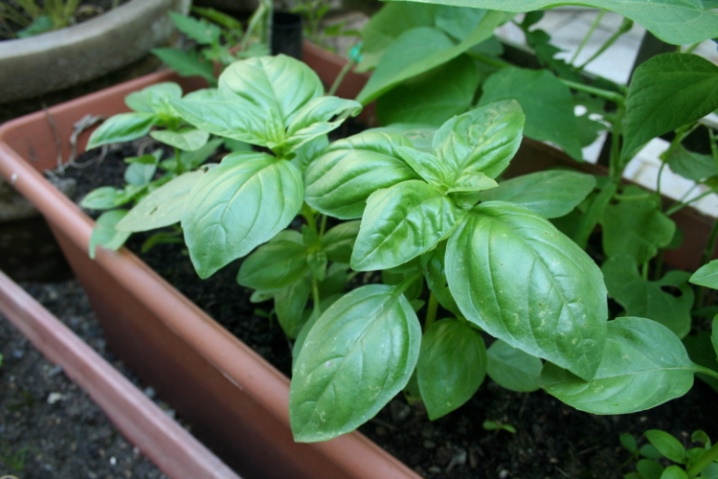
Sagebrush
Despite the usual status of a weed plant, this type of natural repellents may well become a decoration of the local area... Particularly decorative are silvery types of wormwood, which have various shades of color and cut leaves. The plant has a repellent effect not only against blood-sucking insects, it does a good job of protecting crops from most garden pests.
It is not necessary to plant wormwood in the beds, it can be placed away from them, and as a protective measure, hang cut stems with leaves in bunches on the veranda or in the gazebo.
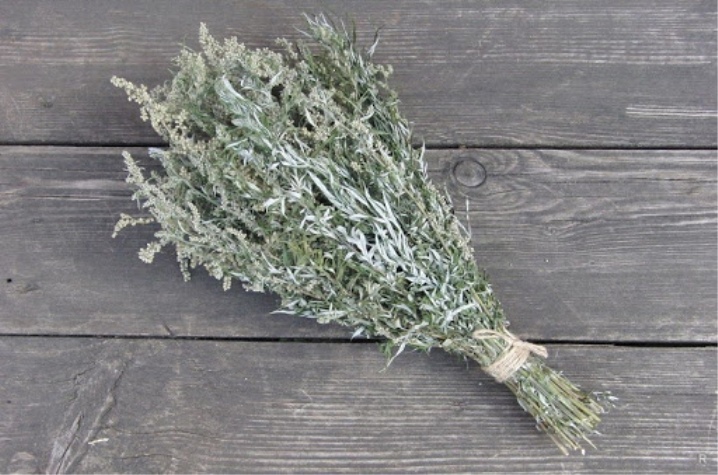
Yarrow
This medicinal plant is well known to lovers of landscape design.... Modest blooming umbrellas look spectacular in flower beds and flower beds, are suitable for decorating rockeries, when planted in beds they get along well with representatives of the cruciferous family. Yarrow juice not only repels pests, but also relieves itching from their bites.
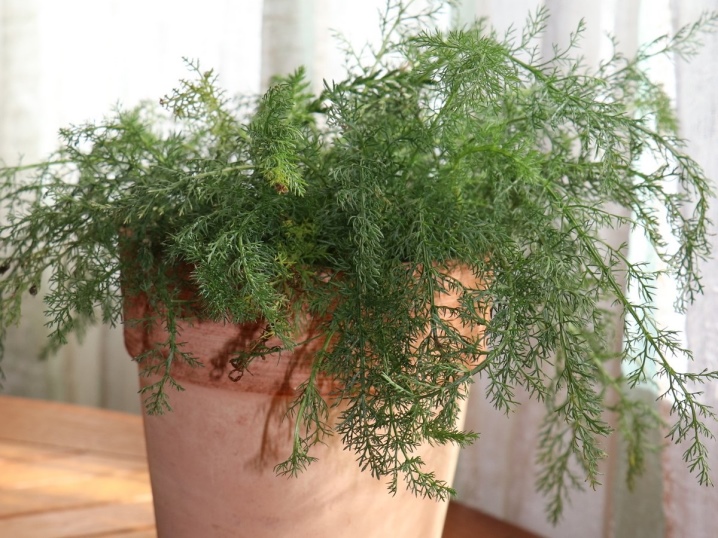
What garden flowers help?
Even flowering plants familiar in garden landscape design may well become an effective tool in the fight against mosquitoes and other blood-sucking insects. The main thing to consider is that you need to place flower beds with them so that living areas and resting places are protected. Borders and ridges made of such flowers would be a good solution. The most popular natural mosquito repellents in this category are worth examining a little more closely.
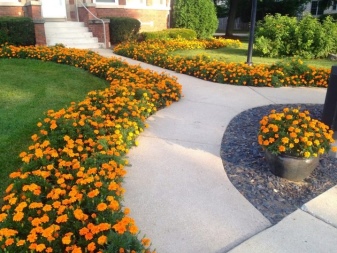
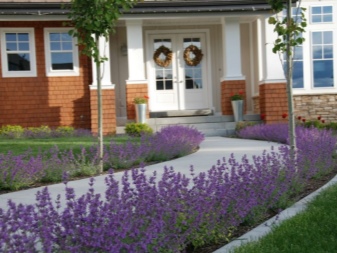
Feverfew
This plant is better known to gardeners as Dalmatian chamomile. It is presented in all variety of varieties - from "Golden Ball" to "Troubadour", very decorative, is a natural insecticidal agent. On the basis of pyrethrum, most of the modern synthetic preparations used in the fight against insects in agriculture or at home have been developed. Depending on the species, the height of the shoots of Dalmatian chamomile varies from 5 cm for dwarf varieties to 1.5 m for tall ones.
Among the benefits of this natural repellent are:
- harmlessness;
- decorativeness;
- frost resistance;
- long flowering period;
- undemanding care.
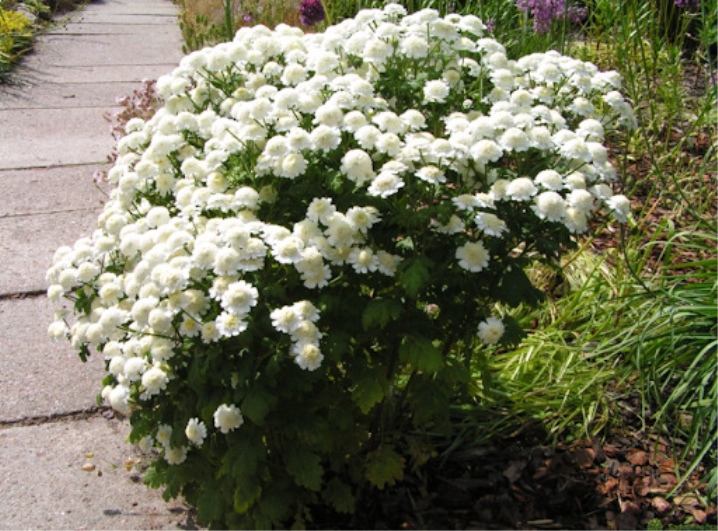
In addition to repelling mosquitoes, maiden feverfew is quite suitable for protecting agricultural crops from a variety of pests.
Insects have no natural defense against its characteristic aroma, they simply do not appear in places where this plant is planted.
Lavender
Luxurious, demanding planting conditions, this plant thrives best in the Mediterranean climate. Blooming lavender has a unique aroma that can not only scare away insects, but also improve sleep, soothe excessive nervousness. In central Russia, it is recommended to grow it not in open ground, but in flowerpots, removing it for the winter. In the southern regions, it feels great outdoors, it becomes a true decoration of the landscape in landscape plantings.
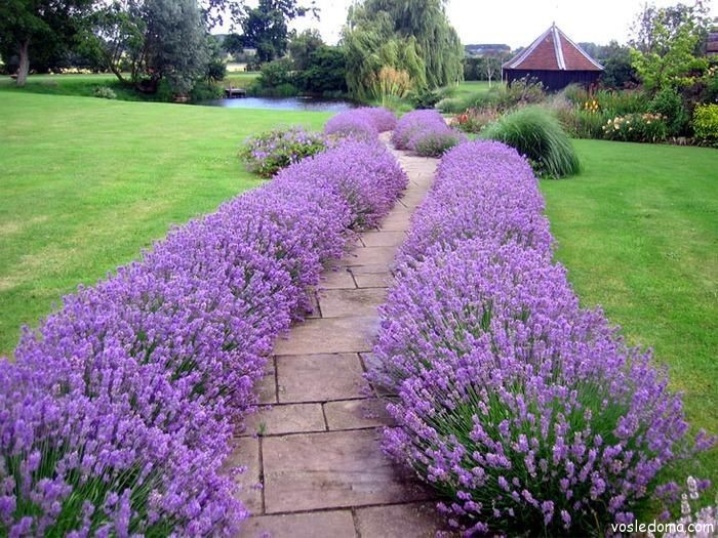
Marigold
These flowers can be called a frequent visitor to garden beds. Bright buds of the most cheerful shades appear on the shoots until late autumn. Essential oils in stems and leaves act as mosquito repellents. Marigolds are also used for other purposes. Their flowers are used in the manufacture of marinades, added to tea and other drinks. The plant has a pronounced antibacterial effect, cut stems can be added to bouquets to scare away insects in the house.
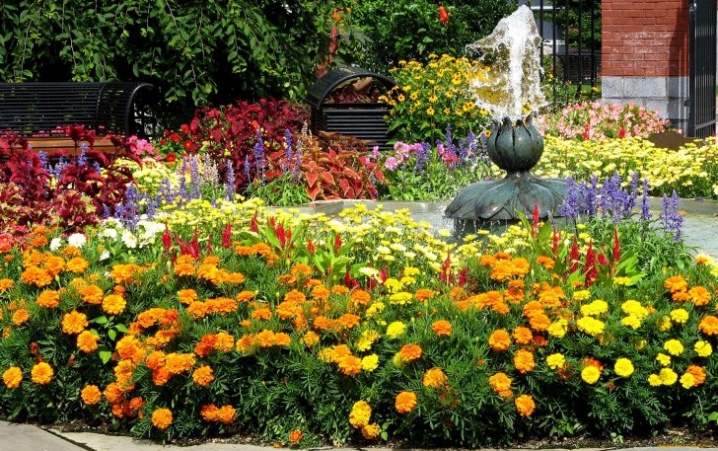
Trees and shrubs
Many garden plants have the ability to repel mosquitoes. But they are not decorative. In places of rest - near a gazebo, a hammock, a veranda, in a front garden - you can combine benefits and beauty by planting trees and shrubs, which are considered natural repellents. It is customary to refer to them the following types.
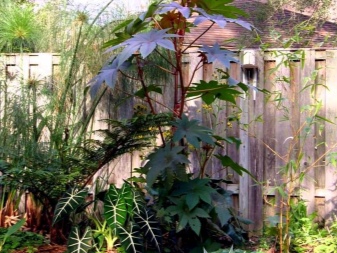
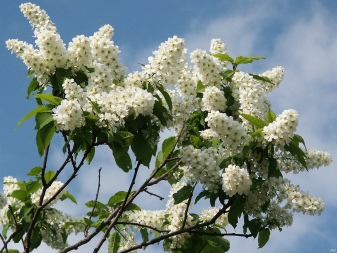
Elder
The black variety of this plant is especially decorative, magnificent during spring flowering and in autumn, when fruits appear on the bush. Elderberry is well suited for growing in hedges, it lends itself to shearing, allows you to create an almost impenetrable protective barrier around the veranda, gazebo, patio. Mosquitoes do not like this plant, they try to avoid places of its growth.
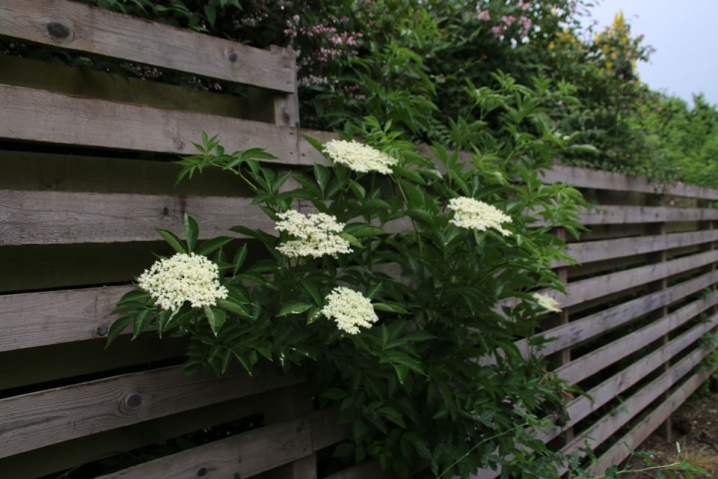
Castor oil plant
This plant is difficult to recommend for cultivation due to the high toxicity of its seeds.... The plant is used to obtain castor oil, its shoots with large umbrellas are quite decorative. It is better to plant castor oil around the perimeter of fences, near water bodies, ditches, in order to reduce the growth of the mosquito population. Harmful insects do not tolerate its aroma well, they try to stay as far from it as possible.
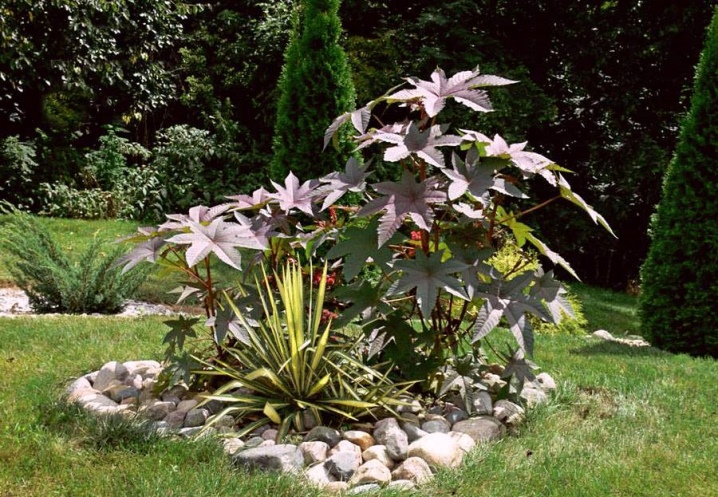
Bird cherry
Luxurious lush brushes, bright aroma of flowers, delicious berries - you can find many advantages in this plant.... The properties of a natural repellent are also included in this list. It is better to plant a tree in an open space - in the corners of the site, near resting places. This is where it will be most useful.
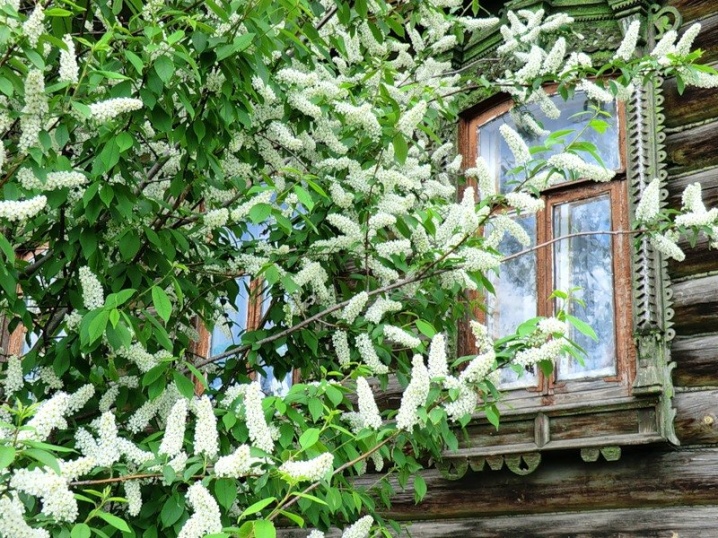
Trees and shrubs with repellent properties are common in garden plots. One thing to keep in mind: precautions when choosing them. For example, it is undesirable to breed castor bean in areas where there are children or in places of grazing of farm animals. Contact with its fruits is deadly.
What houseplants are mosquitoes afraid of?
The appearance of mosquitoes in the apartment also causes certain inconveniences. Residents of the first floors located above the basement especially suffer from their invasion. For them, the opportunity to plant plants on the windowsill that can scare off blood-sucking insects can be a real salvation. In rooms where certain types of indoor flowers grow, mosquitoes become extremely rare guests.
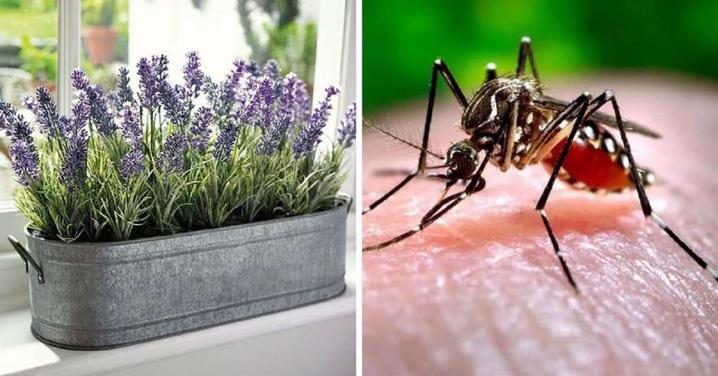
Pelargonium
This type of flowering plant is better known as house geranium.... It is suitable for growing in pots, containers, and can be planted outdoors in summer. The plant is extremely unpretentious, pleases with abundant flowering and a pleasant aroma. The high content of essential oils in the leaves and shoots makes Pelargonium an excellent insect repellent.
The plant is presented in a variety of color options. You can find the right look for a well-lit window or shaded side. There are drought-resistant varieties that require sparse watering. The only thing to consider when growing pelargonium is soil acidity.
The plant prefers slightly acidic and neutral varieties of soils.
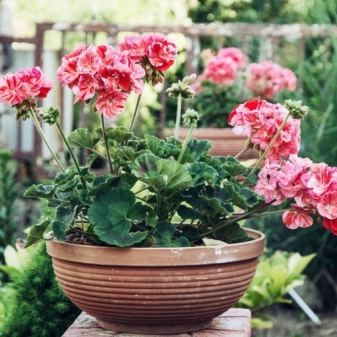
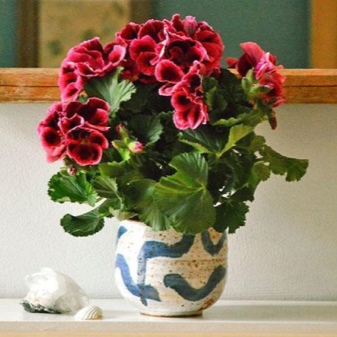
Plectrantus
The plant, also known as housemint, well suited for use as a home repellent. Its leaves emit a pleasant fresh aroma, are saturated with valuable essential oils, not only refreshing, but also disinfecting the air. Compact bushes grow no more than 80 cm in height, branch abundantly.
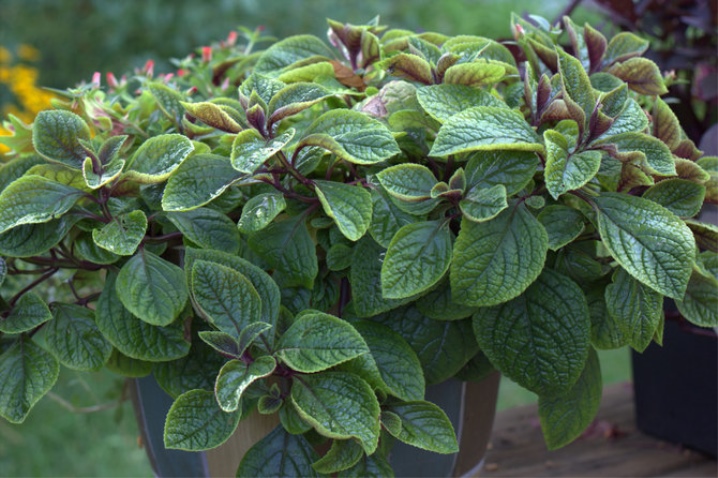
The plant is not too demanding on growing conditions, but it develops best at temperatures up to +21 degrees... Plectrantus loves partial shade, but also tolerates diffused lighting, as well as contact with direct rays of the sun. An important condition is regular watering; the soil should not be allowed to dry out more than 2 cm from the surface. In the heat, additional irrigation is required, spraying with water.
Growing roommint takes some experience. The plant needs an annual transplant for the first 4 years, it can be propagated by cuttings or root division of the bush... During the period of active growth, the upper parts of the shoots should be pinched; spring pruning for 1/2 of the length is also recommended.
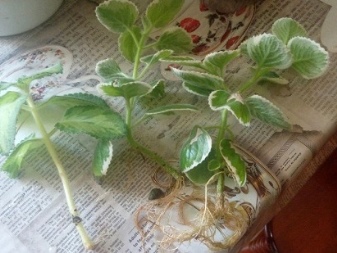
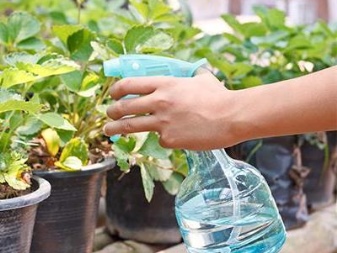
Citronella
The plant with a strong citrus aroma belongs to herbaceous species, does not have a pronounced decorative effect... In summer, flowerpots and pots with it are put on the balcony, veranda, used in the landscape design of the garden. In winter, only indoor cultivation is possible. Moreover, citronella must be eliminated from 2/3 of the length of the shoots.
The second name of this plant is lemon grass. It is suitable for use as a raw material for tonic infusions. Leaves can be brewed, infused, getting an effective immunostimulating, restorative and disinfectant.
In growing, citronella is not too demanding; a novice florist can easily cope with its cultivation.
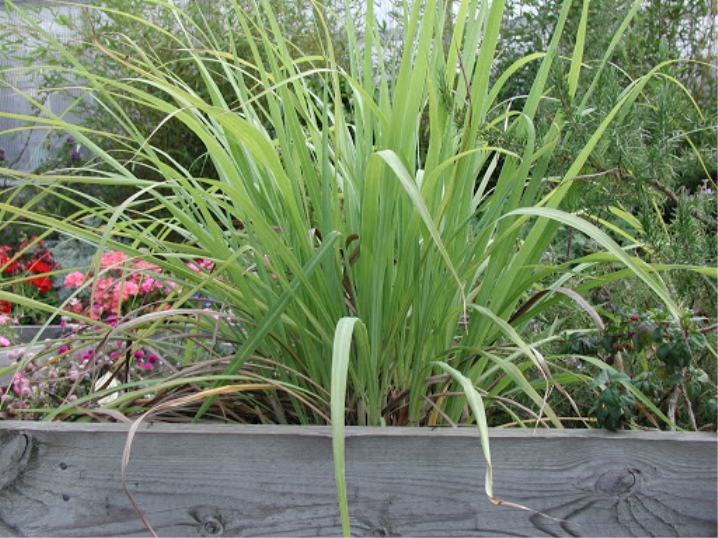













The comment was sent successfully.